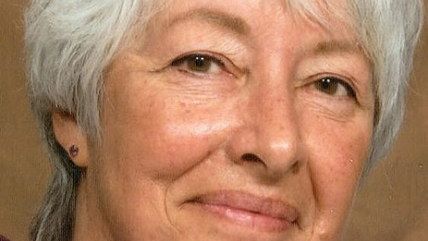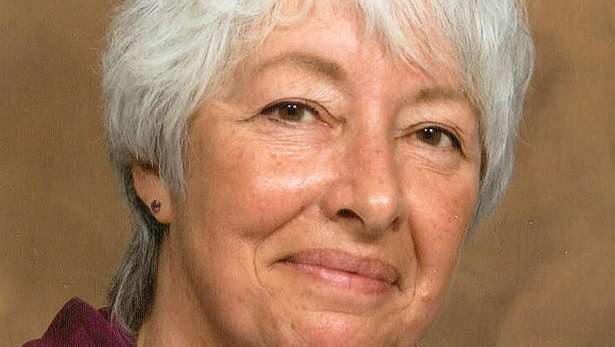Remembering The Woman Who Helped Keep Massachusetts' Taxes Down
Barbara Anderson worked hard to improve the state's economic climate.


Uninspired by the presidential race? This past weekend brought an emphatic reminder that some of the most consequential lives are led by those who are never elected to political office.
The reminder came in the form of the obituaries for Barbara Anderson, who for 35 years was executive director of a Massachusetts grassroots group called Citizens for Limited Taxation.
The write-up in the Lawrence Eagle-Tribune newspaper, which carried a regular column by Anderson, included a quote from a friend and fellow tax reformer, Ted Tripp, who called her "probably, in the history of Massachusetts, the most important woman ever in terms of her effect on the citizens of the state."
Most important woman in the history of Massachusetts is a high bar. Competitors for the title might include Abigail Adams, a crucial partner and adviser to her husband, John, in an earlier tax rebellion; Mary Baker Eddy, who founded Christian Science; Rose Kennedy, who was the mother of a tax-cutting president and two other nationally significant politicians; and Margaret Marshall, the state judge whose decision in a gay marriage case set a national precedent.
But Anderson has a reasonable claim to the honor, in a story with resonance far beyond the borders of the Bay State. By the account of the Boston Globe, Anderson's tax-cutting ballot initiatives brought Massachusetts from the sixth-heaviest taxed state to the 36th. The state once known pejoratively as Taxachusetts has become a relative regional tax haven, to the point where GE, partly for tax reasons, is moving its corporate headquarters to Boston from Fairfield, Conn. Massachusetts is no Florida or Texas or even New Hampshire, tax-wise, but it is significantly better than it once was.
For that, there is plenty of credit to go around. But at least as much of it rightfully belongs to Anderson as to more nationally famous personalities, such as the state's former governors William Weld and Mitt Romney.
With Proposition 2½, in 1980, Anderson got Massachusetts voters to cap both the absolute level and the growth of property taxes. The proposition, which followed the similar California Proposition 13 ballot initiative campaign led by Howard Jarvis, also reduced the excise tax on cars. Subsequent petition drives won the repeal of a 7.5 percent income tax "surtax" imposed by Governor Michael Dukakis, and defeated efforts to replace Massachusetts' flat income tax with a graduated tax.
How did Anderson achieve her remarkable success?
Particularly refreshing in the context of the current presidential campaign is that she did it with civility. A leftist activist and radio host, Jim Braude, told the Eagle-Tribune that the two traveled the state together debating tax policy. "People find this hard to believe but we drove to every debate together," he told the paper.
She was nonpartisan. The Eagle-Tribune reports that while she "generally espoused libertarian to conservative political views," she "was not a member of any political party." That's an increasingly popular stance, and, again, in the context of the current presidential race, some might find it understandable.
She was a bottom-up person, not a top-down person. "Everything starts at the grass roots level,'' she told The New York Times for a 1985 article. "None of the important issues start at the government level."
She was not an "expert." Anderson's success disproves the idea that you need a Nobel prize or a Ph.D. in economics from some fancy university to influence the tax policy debate. Governor Weld was inducted into Phi Beta Kappa at Harvard as a junior. Governor Romney has both a J.D. and an M.B.A. from Harvard. Anderson dropped out of Penn State. Before joining Citizens for Limited Taxation part-time, she had been, by the Globe's account, working as a swim teacher and lifeguard at a YMCA.
Finally, as skeptical of big government as Anderson was, she was never cynical about the people that really matter most in a democracy—the voters and the citizen-activists. Rather than shrugging and complaining about high taxes or mediocre politicians or grinning and bearing it, she actually tried to do something to improve things, getting people to join her organization, sign petitions for ballot questions, and turn out to vote.
As an example of what can be accomplished by a determined individual, it's an inspiring tale. Abigail Adams would be proud. Massachusetts taxpayers can be grateful.


Show Comments (32)